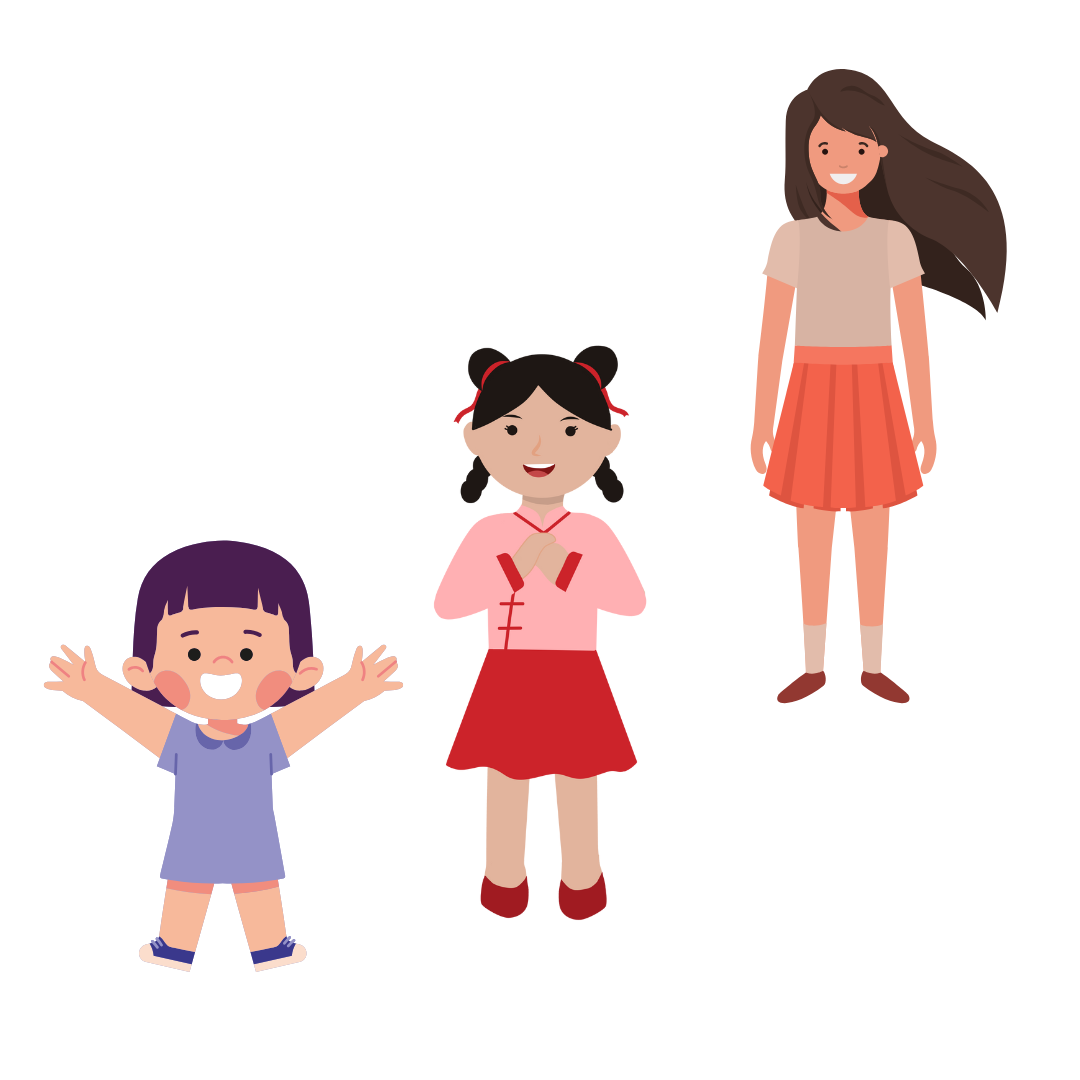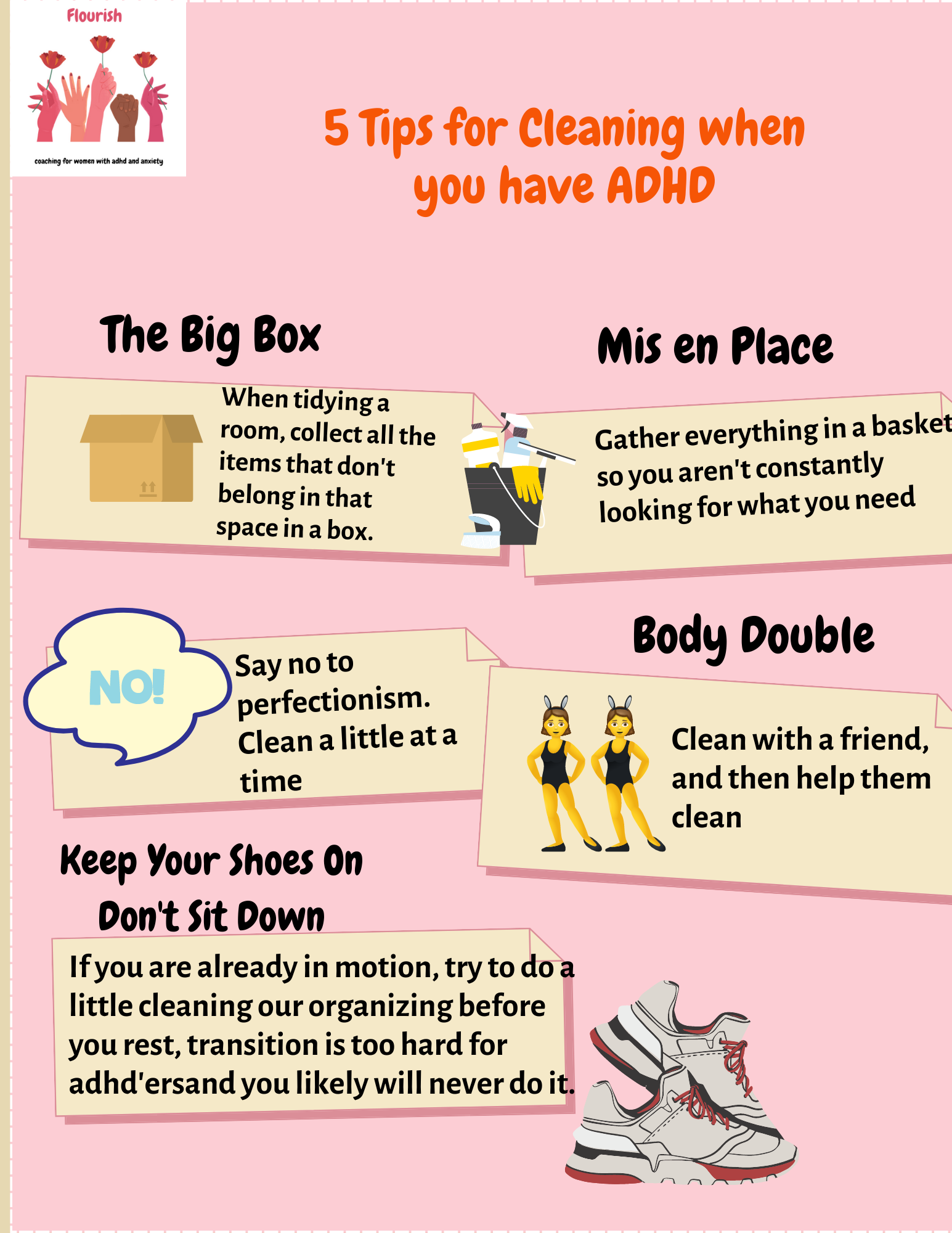How ADHD Leads to Depression
Why Do People with ADHD Often Develop Depression? A 2025 Study Has New Answers
A major new study published in 2025 in the Journal of the American Academy of Child & Adolescent Psychiatry looked at an important question:
Why are people with ADHD more likely to become depressed as they grow up?
Researchers followed over 30,000 children and teens from two big UK studies—ALSPAC and TEDS—to figure out what emotional and mental patterns link ADHD and depression over time.

What they found helps explain how ADHD may lead to depression—but how we understand the results depends on our point of view.
Let’s break it down in a way that’s easy to understand.
What Did the Study Look At?
The researchers wanted to find out what’s happening between having ADHD and developing depression later. These “in-between” experiences are called mediators.
They studied:
1. Emotional Symptoms
- Irritability (often feeling cranky or easily upset)
- Anxiety (worry and stress)
2. Thinking and Attention Skills
- Emotion recognition (understanding how others feel)
- Working memory (holding things in your mind)
- Focus and self-control (staying on task and stopping yourself from acting impulsively)
3. Negative Thinking Patterns
- Feeling like you have no control over your life
- Blaming yourself or expecting failure
They also studied how these things changed between childhood, teen years, and young adulthood.
Two Ways to Understand the Same Results
The study showed that many of these challenges—especially irritability, anxiety, and negative thinking—help explain why people with ADHD are more likely to get depressed.
But here’s where it gets interesting: the same findings can be understood in two totally different ways.
1. The Traditional “Clinical” View
This is the view most doctors use. It sees ADHD as a disorder with symptoms that need to be fixed.
| What Was Measured | How the Clinical View Understands It |
|---|---|
| 😠 Irritability | Poor emotional control; needs behavior help or meds |
| 😟 Anxiety | A second disorder to treat separately |
| 🧠 Emotion Recognition | A problem with reading people; needs social skills training |
| 🔁 Focus & Memory Issues | Cognitive deficits; needs therapy or tutoring |
| 😔 Negative Thinking | Distorted thoughts; use CBT to challenge them |
This approach asks: “What’s wrong, and how do we fix it?”
2. The Neurodivergent-Affirming View
This newer view sees ADHD as a natural brain difference—not something broken.
It says many problems come from living in a world that isn’t built for neurodivergent people.
| What Was Measured | How the Neurodivergent View Understands It |
|---|---|
| 😠 Irritability | A sign of sensory or emotional overwhelm; needs safety and co-regulation |
| 😟 Anxiety | A natural response to constant stress, rejection, or unpredictability |
| 🧠 Emotion Recognition | A difference in communication style, not a deficit |
| 🔁 Focus & Memory Issues | Struggles that depend on the environment; not always present |
| 😔 Negative Thinking | Often caused by years of being corrected or misunderstood |
This approach asks: “What’s this person going through, and how can we support them better?”
What Changed by Age?
The study also found that:
- Irritability and emotion recognition mattered more in childhood
- Anxiety was a risk throughout life
- Negative thinking and memory problems became more important in the teen years and early adulthood
So, What’s the Big Takeaway?
This research shows that depression in people with ADHD often develops over time, shaped by:
- Emotional stress
- Negative thinking patterns
- Attention struggles
- And the environments they live in
But how we respond to those findings matters most.
We can either:
- Try to fix what we think is “broken”
or
- Create environments that make neurodivergent people feel safe, supported, and understood
The study gives us the data. It’s up to us to decide the story we tell with it.
Check Out More Links on This Page related to ADHD and Depression you might be interested in
8 ways to improve your self-confidence when you have ADHD
ADHD Masking vs. Autistic Masking in Women: Understanding the Differences, Similarities, and Impacts
How ADHD Shows Up Differently in Women: New 2025 Study Reveals Key Gender Gap
ADHD Girls Support: A Parent’s Framework for Growth and Empowerment



